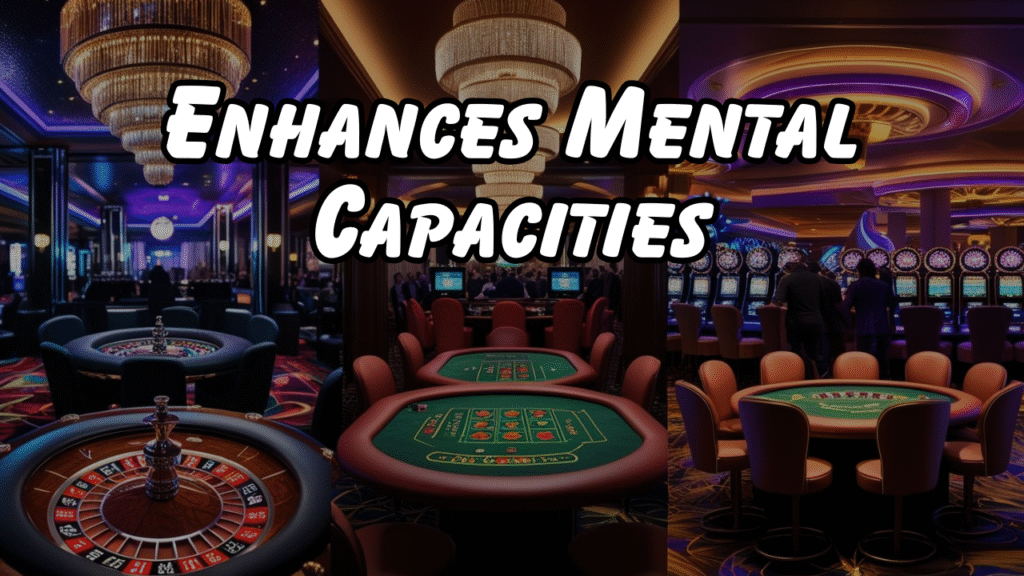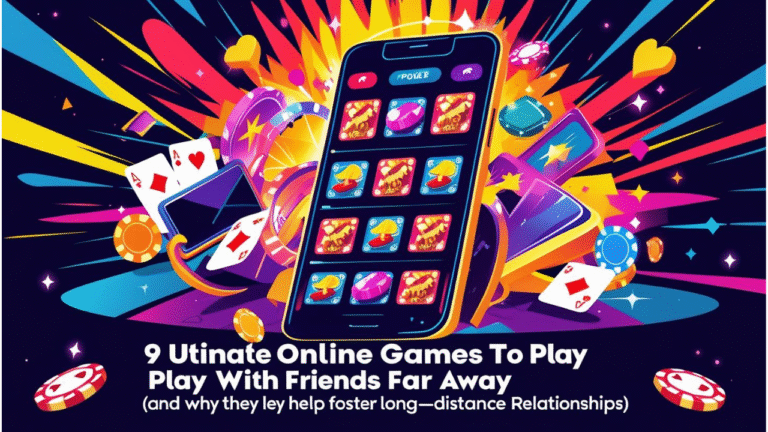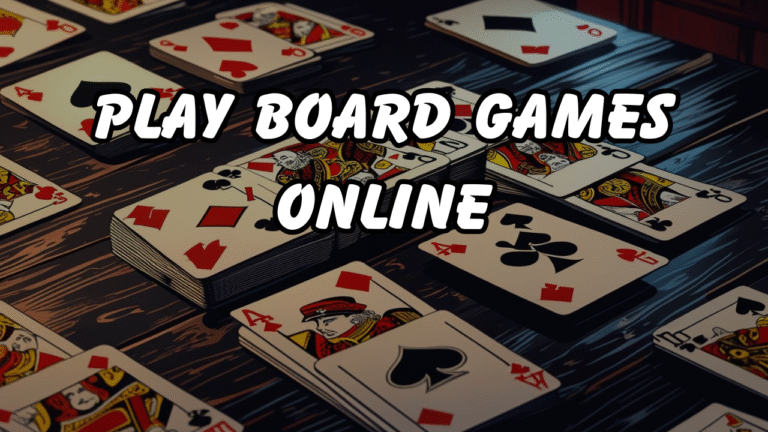Play Board Games : In today’s era of instant gratification, cyber amusement, and digital overabundance, board games provide a refreshing respite into actual discussion, mental stimulation, and sheer delight. Board game playing, whether by oneself or with a group of individuals, has various advantages, such as enhanced emotional and mental well-being, enhanced communication, and a perception of community.

Individuals of all ages are once again discovering the advantages of playing board games as demand for unplugged leisure continues to grow. For your entertainment, learning, or personal development, seven solid arguments in favor of board games are discussed in this article and expert tips on how to make them a part of your daily life.
Seven Reasons You Should Begin Playing Board Games
1. Enhances Mental Capacities
Strategy, probability, and outcome prediction are all tested with a board game. Memory, logic, and making decisions are all enhanced with games such as Ticket to Ride, Catan, or chess. Brain exercise like these enable individuals to keep mental sharpness and postpone the onset of cognitive decline.

2. Facilitates Peer-to-Peer Communication
The very nature of board games necessitates direct interaction between players. They encourage open dialogue, teamwork, and friendly rivalry. As a family, you may bond over a night of playing games. Games are a terrific way for working professionals to break down barriers and develop trust with one another.

3. Reduces Anxiety and Stress
A study finds that cortisol levels (the stress hormone) decrease when individuals engage in organized recreational activity such as board games. Play is an excellent means of stress relief and mental reset due to the laughter, concentration, and immersion involved.
4. Fosters Self-Control and Patience
The rules, turns, and overall strategy are the meat and potatoes of the majority of board games. Skills acquired by players, like respecting boundaries, being patient, and reflecting before acting, can be transferred to other spheres of life such as the workplace.
5. Offers Worth in the Classroom
Games such as Scrabble, Carcassonne, and Pandemic are fun to play while learning. Under a safe and interactive environment, the player acquires valuable skills such as vocabulary building, geography, and managing resources.
6. Highly Accessible and Inclusive
They are enjoyed by all ages and socio-economic classes. There are games specifically designed for children, adults, mixed groups, and individuals with disabilities. Due to the versatility of their nature, they become perfect aids to educational and entertaining exercises that can be attended by anyone.
7. Encourages Active Cooperation and Healthy Competition
Board games, whether individually or in groups, foster healthy competition and collaboration as players help each other conquer challenges. Games that involve working together, such as Codenames and Forbidden Island, focus on collaboration and planning with each other.
How to Play Board Games in 5 Simple Steps
Choose the Appropriate Game
Choose games that everyone in your group is happy and comfortable playing and then proceed. Play Uno or Sequence with the family; Risk or Settlers of Catan with the strategists.
Stage the Action
Set up a welcoming, distraction-free space to play. A shared game can be a treasured ritual thanks to an exclusive game night complete with snacks and tunes.
Join Me in Reading the Rules
Before you play, let all the players review the game rules. In case you need to, you can always watch internet tutorials or watch short movies to ensure everyone is familiar with the rules.
To Maintain Variety, Switch Up the Games
Play a mix of three or five games on a regular basis. Rotate them around every now and then to find new favorites and keep it exciting.
Encourage a Fun and Fair Atmosphere
Create a friendly competitive atmosphere. In order for everyone to have fun, it’s more vital to be there to have fun than to win.
Frequently Asked Questions (FAQ)
Who can play board games, children or adults?
Card decks are a world-wide past-time. With intricate themes and strategy play, many of these games are created for adults to play.
Are board games healthy for children’s development?
Of course. Besides sharpening their intellect and social skills, they become more patient, cooperative, and obedient.
how often is a good amount of time to play board games for emotional well-being?
A weekly session is all it takes to feel the beneficial effects on stress reduction and mental acuity.
In your opinion, which cooperative board games would be the best?
Great cooperative games where players work together instead of against each other include Pandemic, Forbidden Desert, and The Crew.
How good are computer board games?
Even when digital ones have the benefit of being playable from anywhere on the planet, there is no substitute for the in-your-face immediacy and tactile nature of a live game.
In summary
Board games are not just a way to while away the hours; they are great mind stimulants, socialisers, and stress-relievers. Adding them to your schedule will greatly enhance your education, mental health, and planning, as well as bring people together from diverse backgrounds.
A little bit of happiness, friendship, and mind expansion can be yours when you bring board games back into your life.

Please simply inform me of your age range, family makeup, and desired game type (strategy, party, educational) so that I may compile a specialised list of board games specifically for you!






